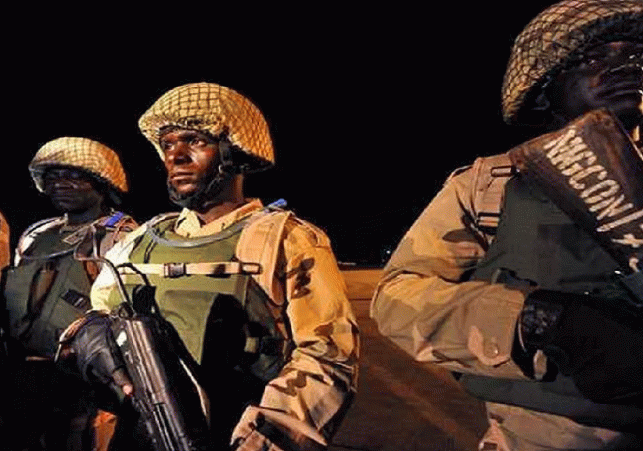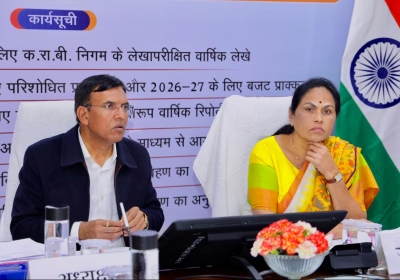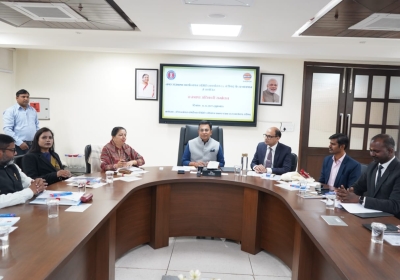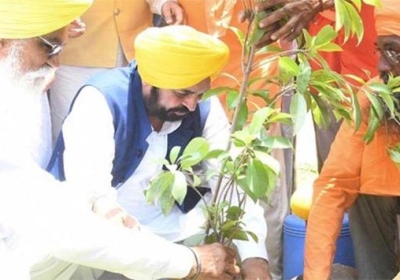
"Niger on Edge: Ecowas Decision Looms Amid Coup Tensions"
"Niger Braces for Ecowas Decision Amid Coup Tensions and Threat of Military Intervention"
Niger Awaits Response Amid Coup Tensions: Ecowas Considers Military Intervention
Niger is in a tense waiting game as the West African regional bloc, the Economic Community of West African States (Ecowas), contemplates its response after coup leaders defied a deadline to reinstate the ousted president. Ecowas has issued a warning that failure to comply could lead to a military intervention. The coup, which took place on July 26, has created uncertainties and triggered concerns over potential consequences, including regional conflicts.
Coup Leaders' Defiance and Ecowas' Response
The coup leaders in Niamey, Niger, have disregarded Ecowas' ultimatum to step down by Sunday. As a result, Ecowas is expected to announce its next course of action. The regional bloc has expressed its intention to address the situation and is considering potential measures, including military intervention.
Just before the deadline, the coup leaders took the step of closing Niger's airspace indefinitely, citing the perceived threat of military intervention. A representative of the junta conveyed this decision in a statement on national television. The junta emphasized their readiness to defend Niger's territorial integrity against any intervention.
.jpeg)
Ecowas' Preparedness for Military Action
Ecowas defense chiefs have developed a military action plan in case the ousted president, Mohamed Bazoum, is not reinstated by the specified deadline. The plan outlines the possibility of military intervention, including details about when and where potential actions could take place.
International Diplomatic Efforts
Italy's foreign minister, Antonio Tajani, has advocated for extending Ecowas' deadline for the reinstatement of President Bazoum. He emphasized the importance of pursuing diplomatic solutions to the crisis. Tajani urged for a diplomatic approach and suggested that the ultimatum could be extended to promote peaceful negotiations.
Supporters Rally as Tensions Escalate
Tensions have escalated in Niger, with as many as 30,000 junta supporters gathering in Niamey to show their backing for the coup leaders' decision not to yield to external pressure. The coup, which marks the seventh such incident in west and central Africa within three years, has generated significant instability in the Sahel region.
Also Read:
Global Significance of Niger's Situation
Niger's strategic significance, given its uranium and oil reserves, as well as its role in the fight against Islamist extremists, has captured the attention of major global players including the US, Europe, China, and Russia. The ongoing crisis has implications that extend beyond the region's borders.
Economic and Political Fallout
The coup has had repercussions on various fronts. Niger's revoked military cooperation agreements with France, coupled with Ecowas sanctions, have disrupted power supplies and led to soaring food prices. Additionally, Paris has suspended a substantial development aid program to neighboring Burkina Faso, which, along with Mali, has expressed support for the coup.
Implications for Regional Stability
The coup's aftermath raises concerns about the region's stability, particularly as it contends with the existing threat of deadly Islamist insurgency. The possibility of military intervention is further complicated by neighboring Mali and Burkina Faso's pledge to come to Niger's defense, considering any intervention against the new military rulers as a "declaration of war."
Italy's Prudent Measures
In light of the escalating tensions, Italy has taken precautionary measures to ensure the safety of its citizens in Niger. The country has reduced its troop numbers in Niger to create space in its military base for Italian civilians who may require protection in the event of worsening security conditions.
As Niger awaits Ecowas' response and potential next steps, the nation remains on edge amid a delicate and evolving situation. The standoff between coup leaders and external pressures underscores the complexities and challenges of seeking a peaceful resolution. The region's stability and the implications of potential military intervention remain subjects of widespread concern as global actors monitor the unfolding developments closely.\
Also Read:





